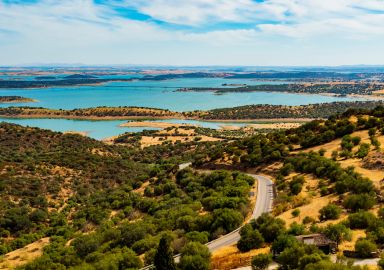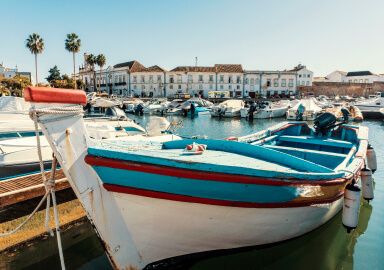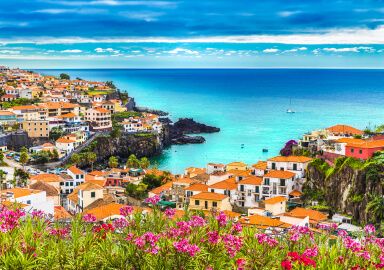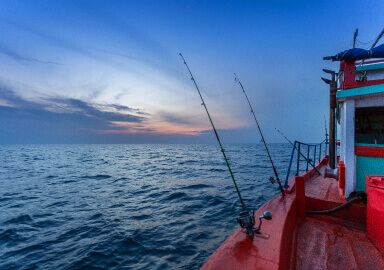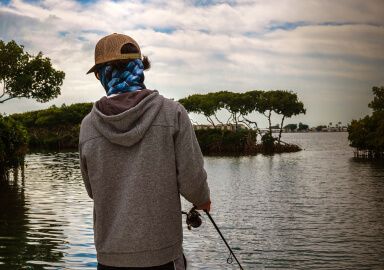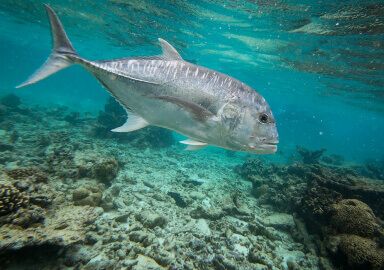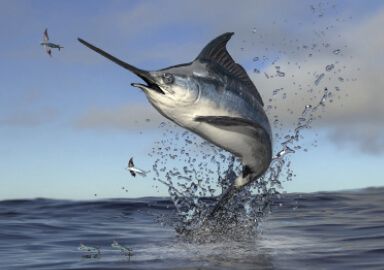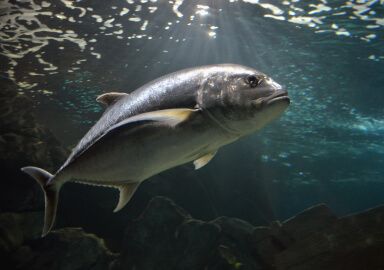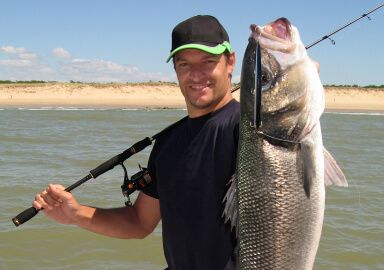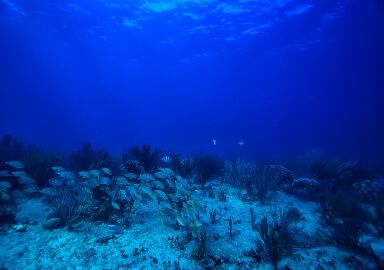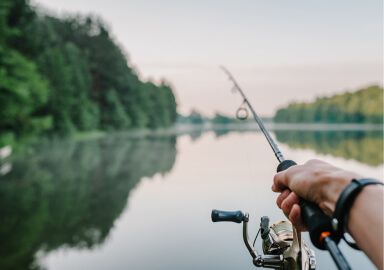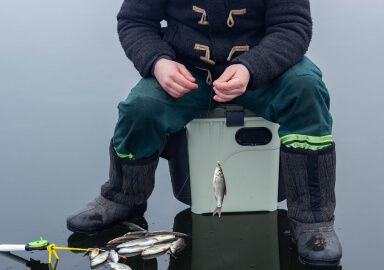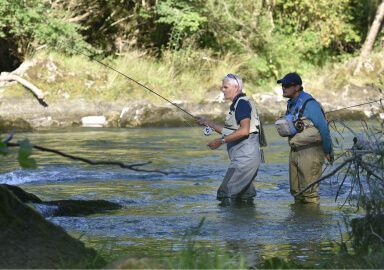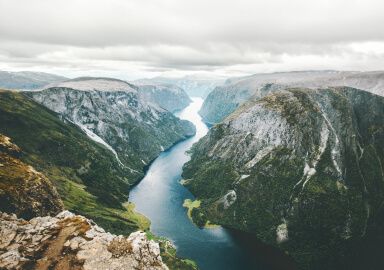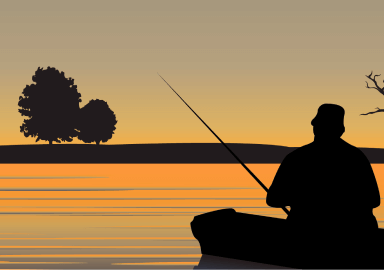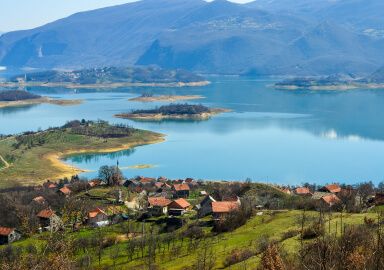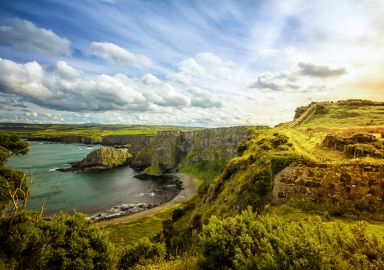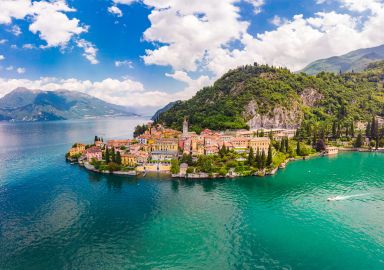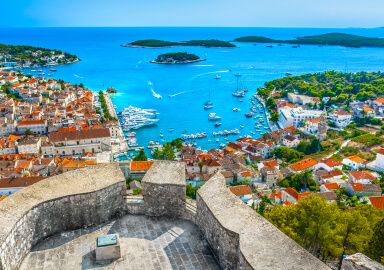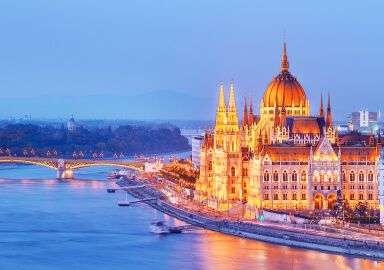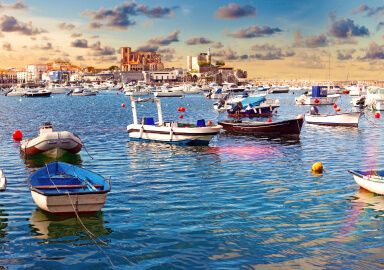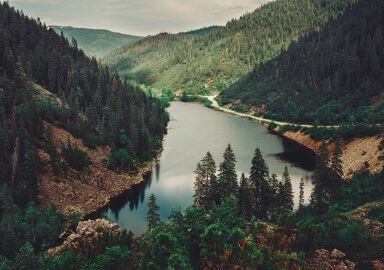Fishing in Portugal
With its endless Atlantic coast and numerous rivers, Portugal is not only a popular tourist destination, but a fishing Eldorado as well.
View 19 listings
19
listings
–
price starting from
49
fish species
–
to the nearest trip
About Portugal
Portugal is located on the southwesternmost corner of Europe, and is almost synonymous with seafaring. Who hasn’t heard about the exploits of Portuguese sailors in the Age of Discovery? Such a seafaring nation couldn’t help being a nation of anglers. The country has numerous rivers and streams running into the Atlantic Ocean, and boasts of nearly 1,000 km of coastline, from rocky cliffs to lagoons formed by the estuaries of Tagus and Sado rivers. Whether you find yourself around the metropolitan Lisboa, the industrial Porto, or the touristy Lagos, to say nothing of the Madeira and the Azore Islands, Portugal offers amazing opportunities for both saltwater and freshwater fishing.
Recreational fishing in Portugal is strictly regulated. It’s illegal to fish without a license, with the exception of children accompanied by an adult with a valid license. The licenses are obtained online, and exist only as a record in the database; all you need to have on you is your ID and, in some cases, proof of payment. Guides and charter boat captains normally arrange licenses for the clients. Night fishing is not allowed, only two rods per license may be used, and fishing seasons are established for most freshwater species. Commercial overexploitation of marine resources made many charter charters and guides switch to catch-and-release-only policy; yet, if you want to dine on your catch, the outfitters will put on an abundant, non-threatened, but delicious fish.
Fishing Types
Portugal provides ample opportunities to practice different types of fishing. On the coast, as well as on the Madeira and the Azore islands, offshore fishing is offered by numerous excellent charter boats and captains, that cater to both serious trophy anglers who are after the biggest sailfish and to inexperienced and less demanding fishermen and -women. Inshore fishing, however, is perhaps the most popular pastime of Portuguese recreational anglers. In most harbors fishing is banned, but you can successfully fish from the shore, bearing in mind that it is not allowed to fish on the beach if there are people swimming. Portugal has few natural lakes, but there are a number of reservoirs, including the Alqueva Dam on the Guadiana river in the south and the Pisoes Dam on the Rabagao in the north, but lovers of freshwater fishing would find great sport in the country’s numerous rivers and cosy mountain streams.
Targeted Fish Species
Freshwater fishing in Portugal is mostly centered around the brown trout, that dominates the country’s rivers. However, with the right timing, the devoted angler will also have a good chance with the Atlantic salmon. The trout season in Portugal runs from March 1 to July 31, and the salmon season from January 16 to July 14. You can also catch shad, from February 1 to July 14, and salmon, from March 1 to July 14. In other parts of the year freshwater fishing enthusiasts can target carp, barbel and largemouth bass, the season for these species running from July 1 to March 14.
There is no closed season for saltwater fishing. Sea bream is perhaps the most popular species for inshore fishing, followed by mackerel, grouper and sea bass, while the indisputable king of offshore fishing is the marlin marlin. The trophy fish visit the area of the Madeira and the Azore Islands from mid-summer to October. You may also catch such typical Atlantic species as spearfish, bonito, tuna, wahoo and mahi mahi.
Fishing Techniques
Deep sea species such as tuna and marlin are pursued with heavy tacklefrom special fishing boats, that may usually carry six to eight passengers. Trolling with live bait, or artificial lures, is the most common method for trophy fishing, and handline fishing and jigging are popular when a large crowd of recreational anglers, including children and novices, are after simple, unsophisticated fishing fun. Using spinning gear for trout and salmon is considered bad form, only flyfishing is believed to be the proper way of taking these species. But for bass and zander these methods are perfectly acceptable. Fly-fishing enthusiasts will also find great sport casting their flies from beaches, cliffs, and in estuaries for saltwater species such as sea bass. Saltwater bottom fishing from shore is a Portuguese specialty; when choosing the rigs for this type of fishing bear in mind that it implies longer casts than you are probably used to, and requires long and stout rods.
